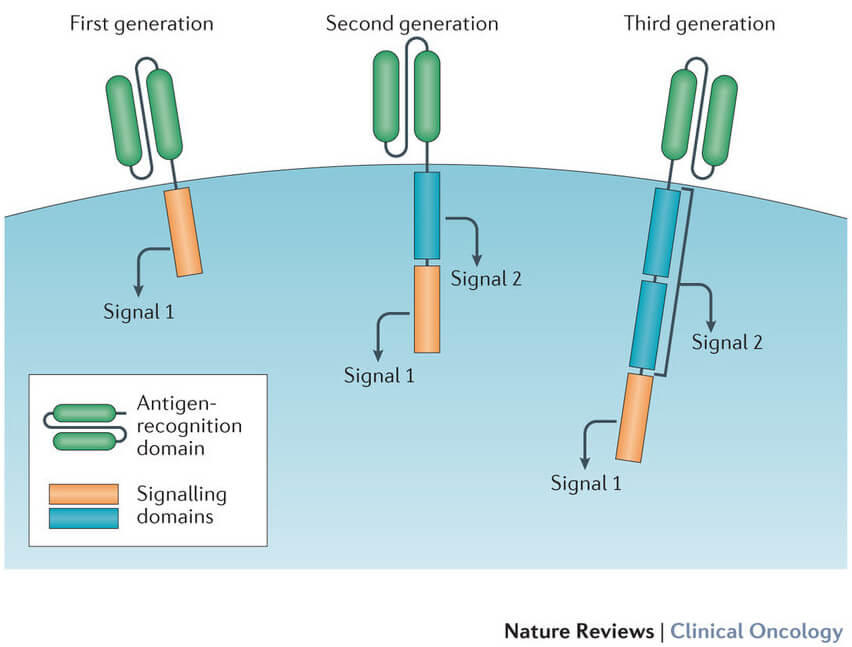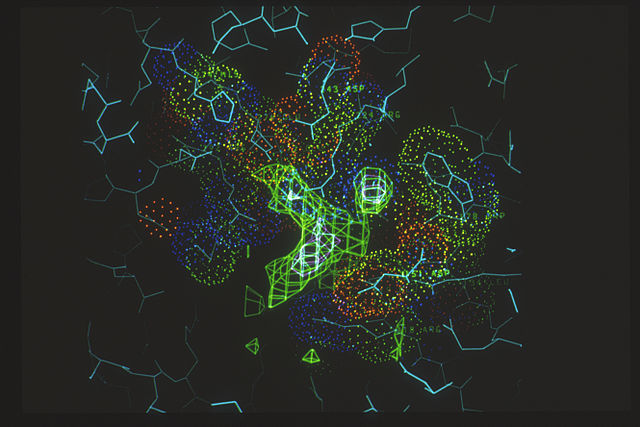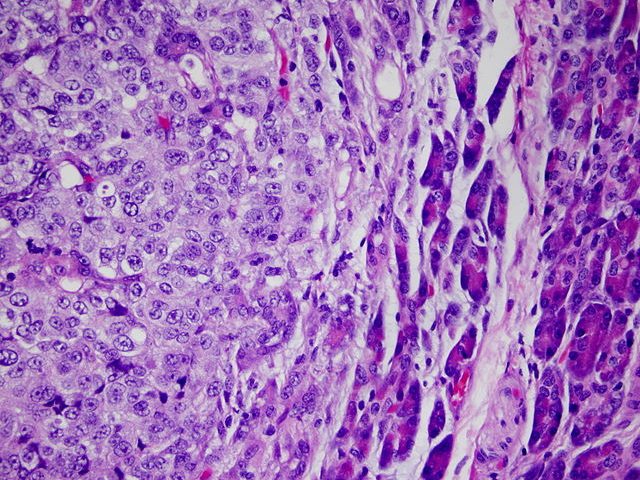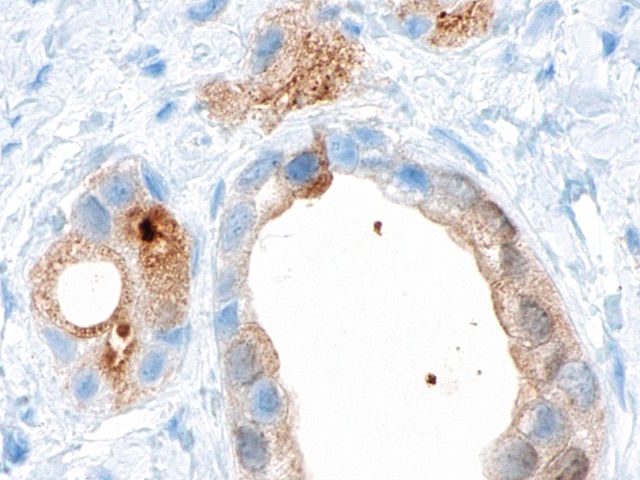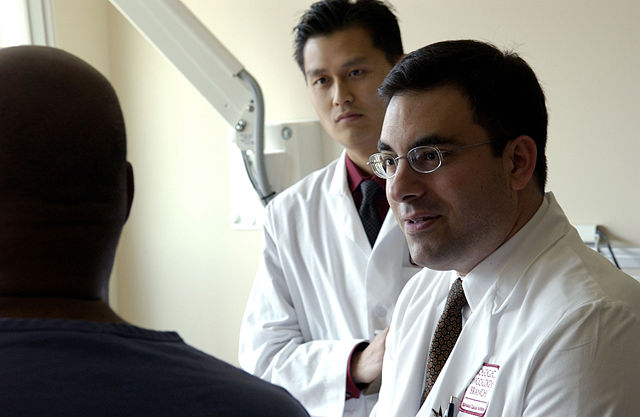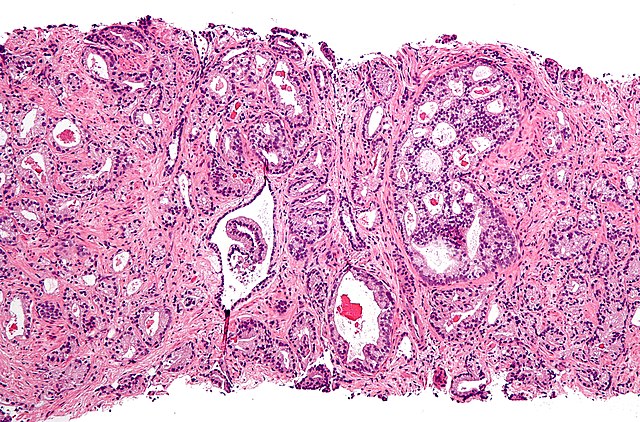Presented by: Greg Allen, MD/PhD, Assistant Professor, University of California San Francisco
Covered by: Hannah Abrams, MD
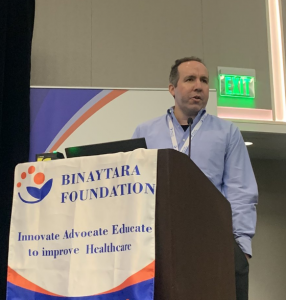
Dr. Greg Allen, assistant professor at the University of California San Francisco, delves into the challenge of appropriately targeting CAR-T cells to distinguish tumor from its surrounding tissue. Almost all potential CAR T-cell antigen targets, he describes, are also expressed on healthy tissue, which causes dose-limiting “on-target, off tumor” toxicity and has been a major barrier for solid tumor CAR T-cell therapy. [1, 2]
Dr. Allen describes broad strategies currently under development requiring two-antigen signaling to make CAR T-cell targeting more specific to tumor tissue, which he likens to “two factor identification” in modern software engineering. [3] One mechanism he describes is NOT gate recognition program in which, for example, a CAR T-cell might target colorectal cancer cells which express CEA but have lost their HLA-A*02 expression. This strategy allows the CAR T-cell to spare nonmalignant tissue which has normal HLA expression, while targeting tumor tissue. [4] The same logic can be applied to AND gate recognition programs, where a CAR T-cell requires recognition of two antigens more commonly co-expressed on tumor cells to improve its specificity. [5] While the current generation, single-antigen CAR T-cells have had dose limiting toxicity in solid tumors, Dr. Allen describes the next generation of dually targeted CAR Ts ready to widen the therapeutic window for CAR T.
- Thistlethwaite et al Cancer Immunol 2017
- Hinrichs and Restifo Nature Biotechnology 2013
- Roybal et al 2016 Cell
- Rafiq et al 2019 Nat Rev Clin Onc
- Dannenfelser et al Cell Systems 2020


